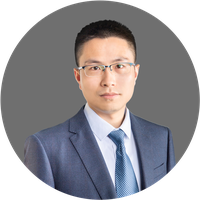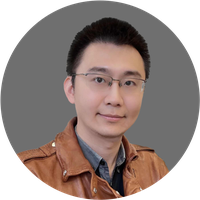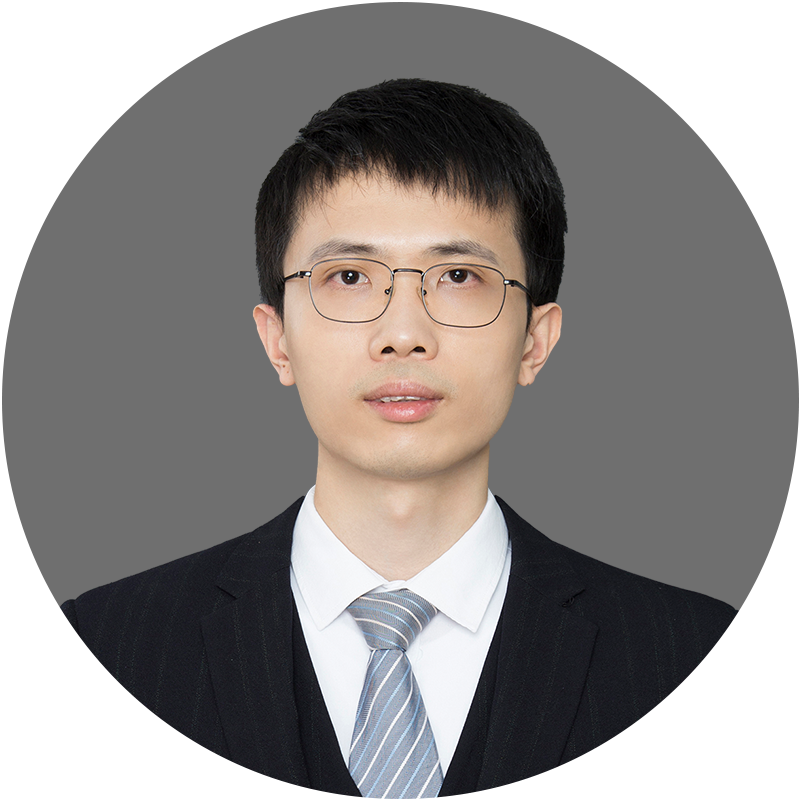Telecommunications
Ming-Cheng CHEN
Challenging Extended Church-Turing Thesis through the demonstration of quantum computational advantage.

China
Shaoliang YU
Leading a new class of universal interfacing architecture for photonic chips and boosting the optical bandwidth.

China
Yuanwei LIU
Improving communication performance and connectivity of future wireless networks.

China
Cheng WANG
He challenged the technical limit of quantum metrology, and generated original, disruptive, and valuable products.

MENA
Asmaa Abdallah
Machine learning for reconfigurable intelligent surfaces to enable affordable connectivity and scalable wireless infrastructure.
